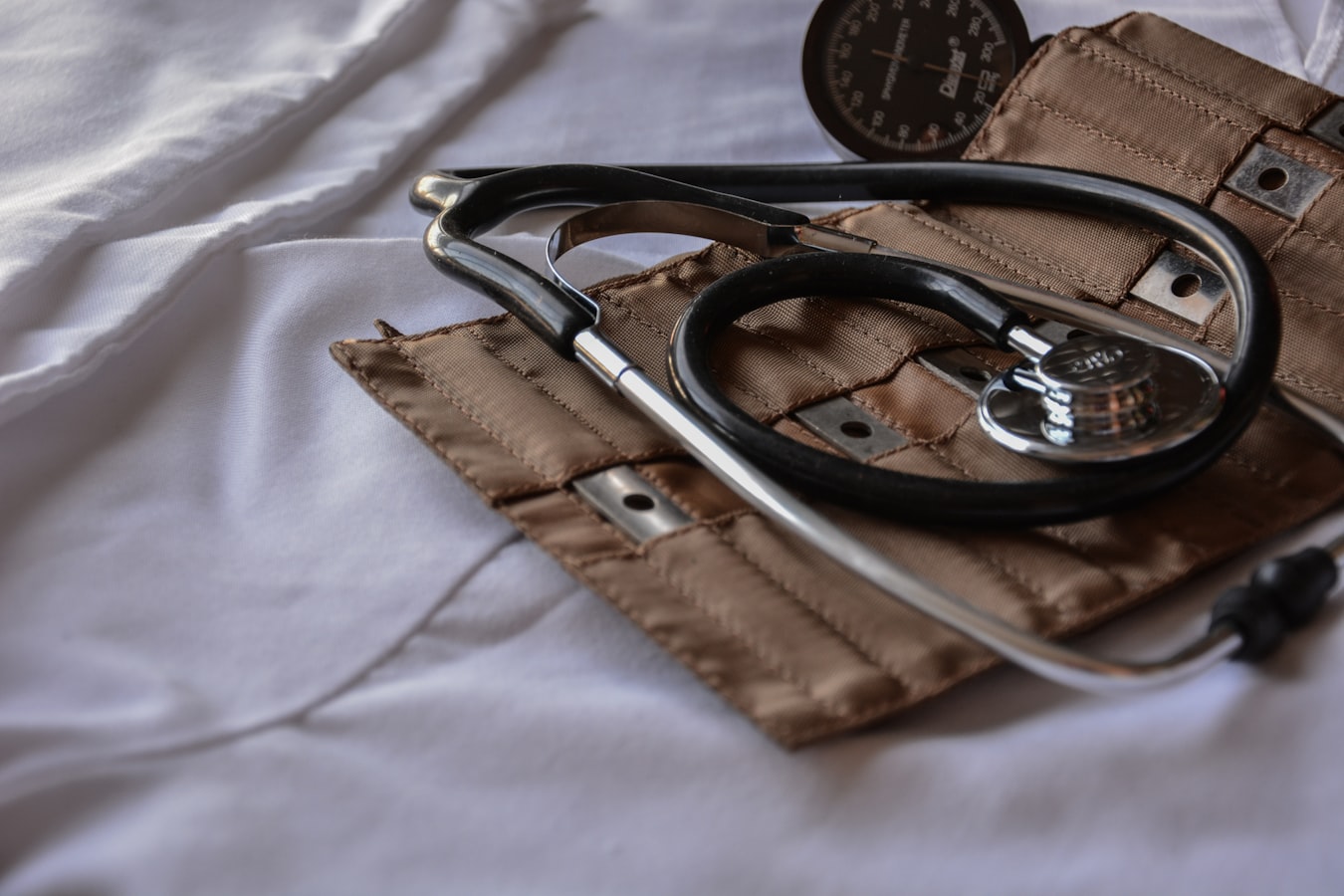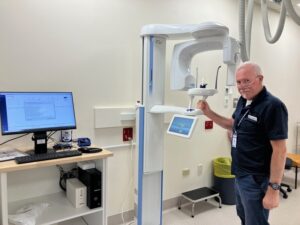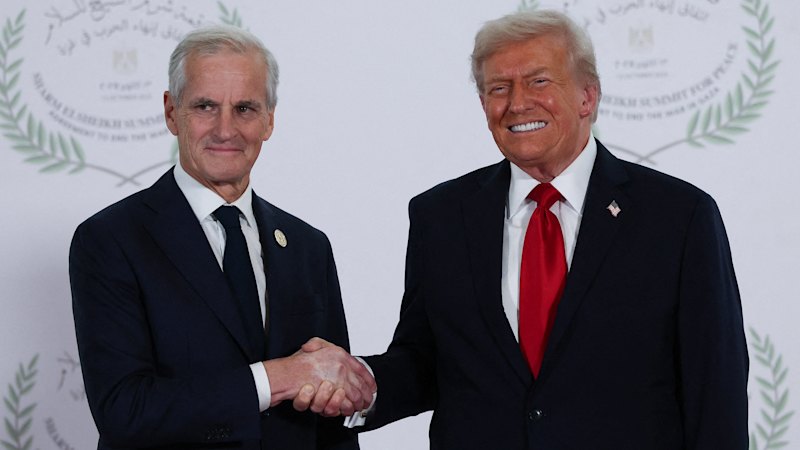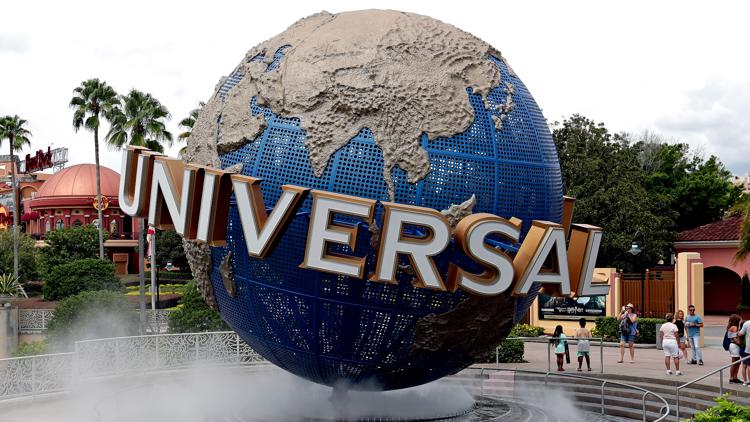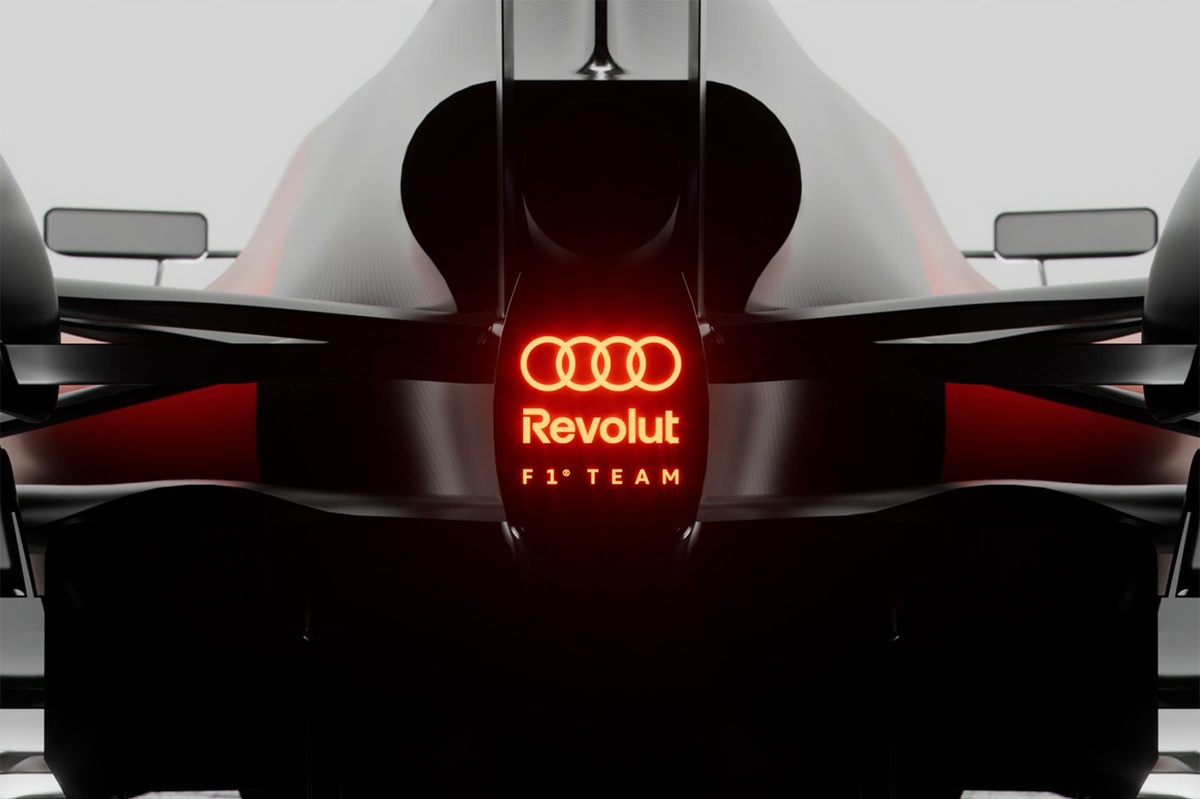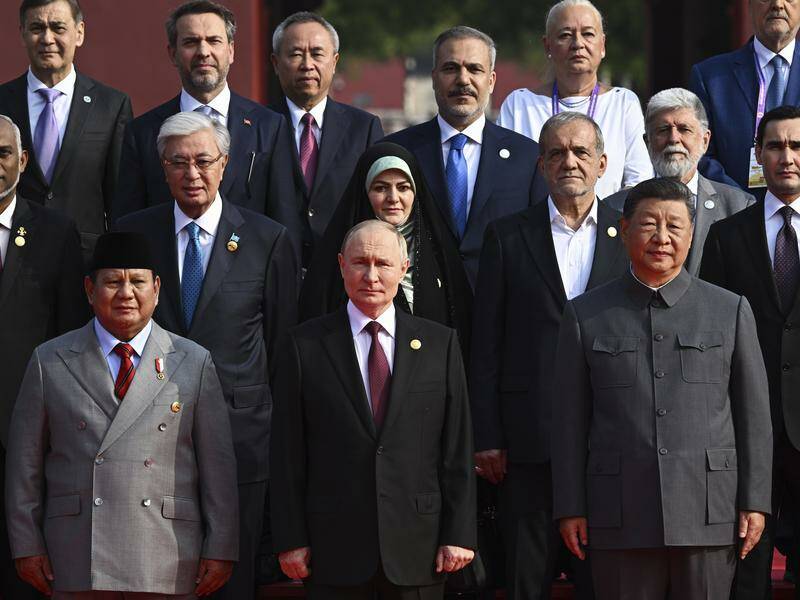
Dozens of world leaders gathered in Beijing on September 3, 2025, for a military parade celebrating the 80th anniversary of the end of World War II. The event, attended by representatives from 26 countries, featured Chinese President Xi Jinping alongside other prominent figures, including Russian President Vladimir Putin and North Korean leader Kim Jong-un. This display not only commemorated historical events but also served as a platform for solidarity among nations aligned with China.
The parade took place in Tiananmen Square, where Xi, Putin, and Kim took their places on the viewing platform, observing a display of military hardware and marching troops. Analysts interpreted this gathering as a demonstration of unity against perceived Western influence, particularly from the United States. Notably absent from the event were leaders from the US, Western Europe, Japan, and India, while countries like South Korea and Singapore sent lower-ranking officials.
China’s guest list highlighted its expanding influence among nations in the Global South and emerging economies. Alongside Putin and Kim, Iranian President Masoud Pezeshkian participated, reinforcing the alignment of countries often at odds with the US. Belarusian President Alexander Lukashenko, a close ally of Russia, was also present, and was seen walking with Kim following group photographs with other leaders.
A significant representation from Asia was evident, with leaders such as Indonesian President Prabowo Subianto, who initially canceled his trip due to domestic protests, attending alongside fellow Southeast Asian counterparts. The list included Cambodia’s King Norodom Sihamoni, Vietnamese President Luong Cuong, and Malaysian Prime Minister Anwar Ibrahim. Other notable figures included Myanmar’s military leader Min Aung Hlaing and Lao President Thongloun Sisoulith.
South Asian representation featured Pakistan’s Prime Minister Shehbaz Sharif, Nepali Prime Minister Khadga Prasad Oli, and Maldives President Mohamed Muizzu. Central Asian leaders included Kazakhstan’s President Kassym-Jomart Tokayev, Tajikistan’s President Emomali Rahmon, and others from Kyrgyzstan, Uzbekistan, and Turkmenistan.
From the African continent, Zimbabwe President Emmerson Mnangagwa and Republic of Congo’s President Denis Sassou Nguesso were prominent figures in attendance. The only representative from the Americas was Cuban President Miguel Diaz-Canel. Additionally, Azerbaijan’s President Ilham Aliyev and Armenia’s Prime Minister Nikol Pashinyan rounded out the diverse guest list.
The event’s guest list had noticeable overlaps with the recent summit of the Shanghai Cooperation Organisation, which indicated ongoing diplomatic ties among the participating nations. Notably absent were representatives from India and Turkey, though Indian Prime Minister Narendra Modi took to social media to express positivity about his separate engagements with Xi and Putin.
The low attendance from European leaders was striking; only Serbia’s President Aleksandar Vucic and Slovakia’s Prime Minister Robert Fico represented the continent. Former leaders, including Helen Clark and John Key from New Zealand, and Daniel Andrews, former premier of Victoria, Australia, were also part of the gathering.
As nations gathered in Beijing to commemorate the end of a significant chapter in history, the military parade not only celebrated past victories but also underscored shifting alliances and geopolitical dynamics in the contemporary world.

